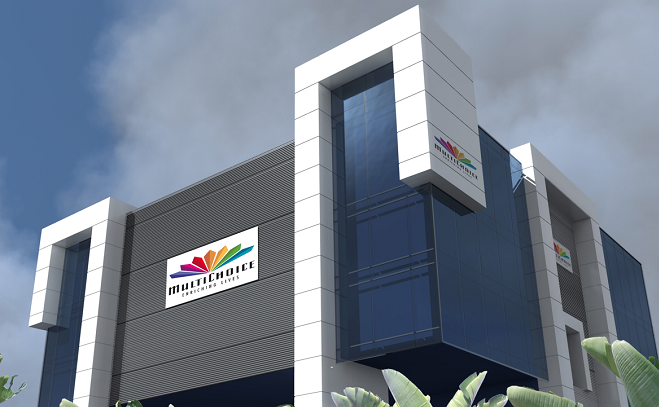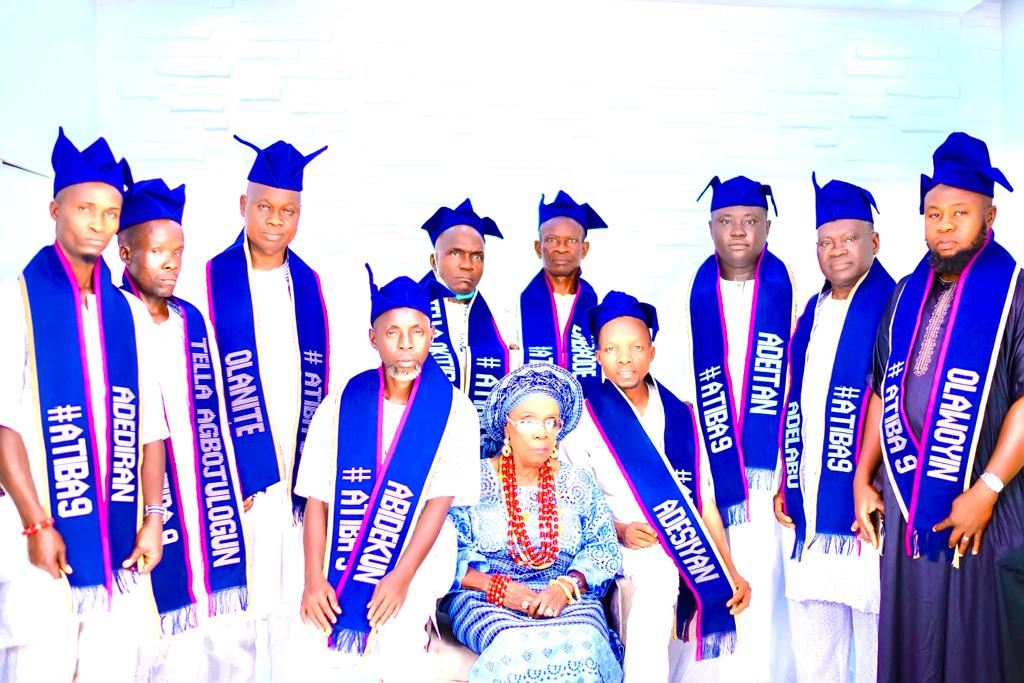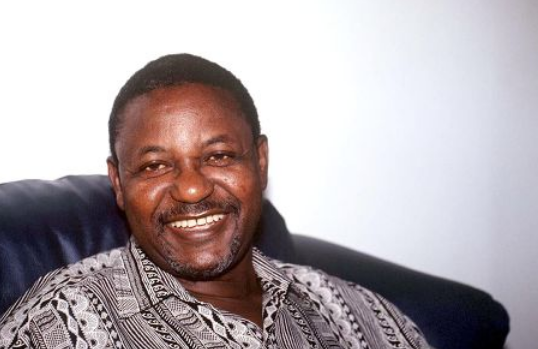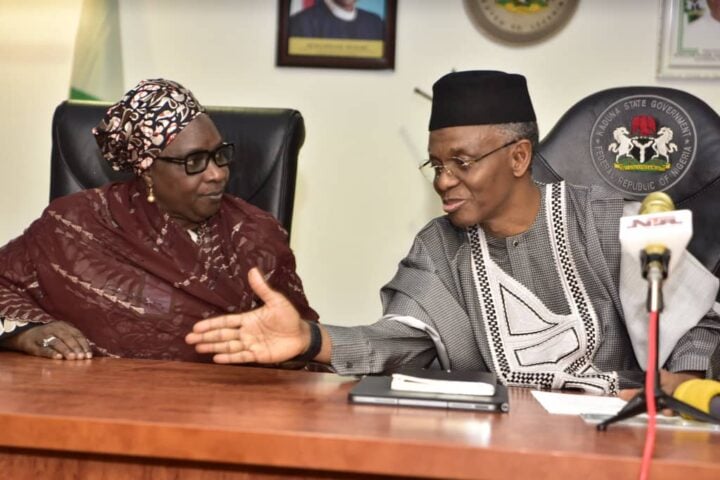BY ATANDA EMAJAKE
“It is not their fault. It is the fault of the government, which allows foreigners to rip Nigerians off,” I got this off the comment section of a major newspaper website as one of the numerous responses to a story on the just announced tariff review effective May 1 by MultiChoice Nigeria, the pay television firm. It is, unsurprisingly, a major trope of the reactions to the price adjustments.
Shortly after, a story appeared on my Facebook newsfeed. The story said the National Association of Nigerian Students (NANS), perceived these days as an agglomeration of unserious campus minds, issued a seven-day ultimatum to MultiChoice to immediately implement pay- as-you-view tariff model or risk closure of its offices nationwide. NANS claimed to have spoken the “mind of all Nigerians”, something on the same street as false consensus.
Small beer, that. Of real importance is why we are triggered only by MultiChoice’s price reviews, which drive us into the type of rage that narrows the eyes into slits and leaves the corners of the mouth with flecks of spittle. StarTimes, another player in the pay television sector, adjusted prices on its packages, effective May 14. For logically obscure reasons, NANS did not threaten closure of its offices. Neither did anyone blame the government for its tariff adjustments.
Advertisement
StarTimes’ reason for adjusting prices is soaring operational costs, making the retention of the same rates for its services impossible. MultiChoice’s reason for doing the same, as it stated in its communication to subscribers, is not different. I want the prices of all goods and services, including pay TV services, to remain as stable as a rock in a windstorm, a wish I suspect is shared by every consumer and goods and services providers. But can they? Given local economic dynamics? Only believers in magic would think this possible. I am not one for magic or fantasy.
The latest National Bureau of Statistics’ (NBS) consumer price index (CPI), which tracks the rate changes in prices of goods and services, shows a climb to 22.04% in March 2023 from 21.91% in February, marking a third consecutive surge in the country’s inflation figure this year.
“On a year-on-year basis, the headline inflation rate was 6.13 percentage points higher compared to the rate recorded in March 2022 which was 15.92%,” said the NBS.
Advertisement
This indicates that the headline inflation rate (year-on-year basis) increased in March 2023 compared to the same month in 2022.
“However, on a month-on-month basis, the all-items index in March 2023 was 1.86%, which was 0.15 percentage points higher than the rate recorded in February 2023 (1.71%),” NBS added.
Prices of food items (more crucial to survival than pay TV services) in March 2023 rose to 24.45 percent on a year-on-year basis, 7.25 percent points higher compared to the rate recorded in March 2022.
The value of the naira to the dollar, the currency in which pay television companies buy programming content, broadcast transmission facilities and other inputs, has gotten progressively weaker in recent years. The naira currently trades at N740 to one dollar. Similarly, there have been progressive hikes in electricity tariffs, prices of diesel and petrol as well as air fares, leaving businesses gasping and provoking a protracted cost of living crisis. These have attracted no widespread disapproval.
Advertisement
It is pertinent to ask, I believe, if MultiChoice is insulated against the harsh local economic conditions, a reason we seem to think it should freeze prices, while other businesses can increase. I am a Heineken drinker. My favourite brew cost N500 two years ago. It is now N1,000 per bottle in my down-market bar. It will, of course, cost more in upscale leisure spots. Same content and number of bubbles! Catfish pepper soup, Heineken’s most appropriate accompaniment (by my reckoning), now costs N4,000 per plate. It was N2,500 until well after the Covid-19 lockdown. What has happened is that beer, pepper soup retailers as well as other businesses have been victims of local economic conditions and have responded the way businesses respond to the situation.
I would expect the nuclear blast of public disapproval of MultiChoice’s decision is directed towards airlines, power distribution companies, sellers of food and other household items, which are businesses like MultiChoice. It most probably will not happen. I can only offer guesses why. An arm of the government, specifically the National Assembly (NASS), continues to miseducate Nigerians by pretending that it does not know that local economic factors have a major say in the pricing of pay TV services. This, it does, through misguided, periodic investigations into MultiChoice’s prices and impotent resolutions to the company to freeze rates, in a pretend-attempt to show support for the masses. It never issues orders to other providers in the sector or other sectors.
NASS adds saccharine to what it serves the public with intermittent demand for the adoption of a pay-per-view or pay-as-you-go subscription model. In its bizarre world, it would bring down cost to the subscriber. This belief, thankfully, has been rubbished by the Federal Competition and Consumer Protection Commission (FCCPC), whose helmsman, Babatunde Irukera, said the commission is yet to find a country in which that has been adopted. But the hard of hearing, possibly hard of thinking, NASS persists in selling fantasy. I would not be surprised if the incoming federal legislature reprises this when it is inaugurated.
Also, I think most Nigerians were raised to see television as something not to be paid for. There are TV stations that we do not have to pay for and if they meet our tastes, we can stick to them. Until the privatisation of public utilities, notably water and electricity, we thought they should not be paid for at all or cost a pittance. Pay TV service, however, is no public utility. It is a private business, needing sustainability to offer value to consumers, investors and the general society.
Advertisement
Three, there is also the widespread assumption that Nigeria is a modern-day outpost of a communist society with strict price controls, the reason the government is urged to prescribe what MultiChoice charges. That demand for price legislation is not made on providers of other goods and services, curiously.
MultiChoice, in my view, has shown consideration for the consumer by its price lock offer. This enables its DStv and GOtv subscribers to pay the old rates for one year if they renew before the expiration of their subscription. It also grants the same privilege to those who pay for a full year at once before the new rates kick in.
Advertisement
It is safe to say that unless local economic conditions improve dramatically, there is no chance of a dramatic drop in the prices charged by businesses. No chance. School fees and rents keep rising, for the same reasons. These and other costs, I believe, should be of more interest to the “it-is-the-fault-of-the-government” brigade, NANS and their ilk.
Emajake, a public affairs analyst, writes from Abuja
Advertisement
Views expressed by contributors are strictly personal and not of TheCable.
Add a comment






